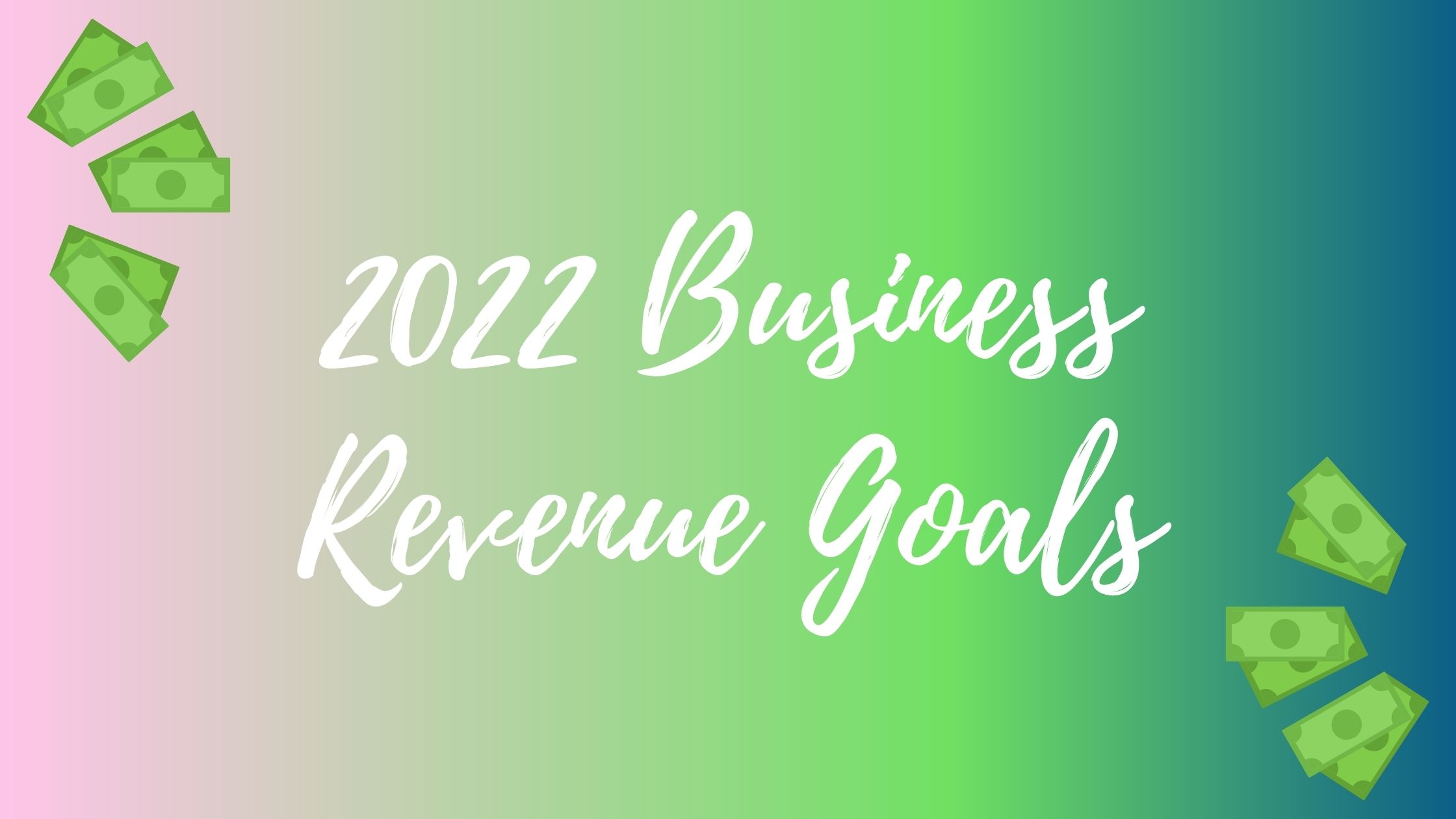First Values and Goals, Then Strategies
When you first encounter the subject of personal finance, you may be tempted to jump right into trying to understand the best debt payoff method, the right retirement savings vehicle, which investments to buy and when, or how to get the best credit card rewards. But without being properly motivated and focused by your own values and goals, hectic personal finance activity won’t result in satisfaction and will possibly burn you out. Before getting into the detailed strategies you may use, take a step back to ask yourself: What are my values? Considering those values, what goals should I set? Only after determining what is really important to you will you be able to properly choose the strategies to implement your goals.
Personal finance is personal. Only you can answer those initial questions and your answers won’t agree with everyone else’s. Even if you end up using the same strategy as many other people, your reasons behind choosing that strategy will be your own. There may come a time that you change your strategy where others may not, because your strategy has been dictated by your goals and your goals by your values.
 You have likely been influenced by the people around you or societal trends in regards to how you articulate your values and goals, but ultimately they are up to you. There is no point in considering strategies without having your values and goals in front of you, both because the strategies may be inappropriate for you and because you likely won’t be motivated to stick with the strategies without having a firm grasp on why you’re using them.
You have likely been influenced by the people around you or societal trends in regards to how you articulate your values and goals, but ultimately they are up to you. There is no point in considering strategies without having your values and goals in front of you, both because the strategies may be inappropriate for you and because you likely won’t be motivated to stick with the strategies without having a firm grasp on why you’re using them.
1) What are your values?
It is helpful to articulate both your life values as well as values that pertain specifically to personal finance. Identifying your values will help you determine what areas of your life are important to spend money on and what aren’t so you can set your budget and goals. They will also inform your strategies, as some strategies may be in conflict with your values. An exercise that will be helpful in figuring out what your values are is to imagine what you want your life to be like in five, ten, or twenty-five years.
Life Values
My top five values are: God, marriage, security, health, and community. Other values are: freedom, family, creativity, peace of mind, adventure, etc.
Personal Finance Values
One of my chief values that is not necessarily shared by everyone is living within my means, which for us translates to not going into consumer debt. A value that I don’t have but many others do is be free from their 9-5 jobs. It’s also vital to clarify your attitudes toward debt (under what circumstances is it permitted or encouraged) and your risk tolerance.
2) What are your goals?
You can see that your goals will flow from the values that you identified, both for how you will live in every budgeting period as well as how to set up your long-term savings.
My values of God and security mean that with every paycheck we receive we tithe and save for retirement. If you value home ownership, you would want to aggressively save a down payment or money needed for renovations. You would prioritize this over spending in other areas like cars and vacations. If you value adventure, you would make room in your budget either for building adventure into your everyday life or for saving up for bigger, less frequent adventures.
Common goals that people starting out in PF have are:
- saving for retirement
- paying off debt
- buying a house
- buying a car
- reaching a certain net worth
When you are setting your goals, be sure to make them SMART!
3) What strategies will best help you to reach your goals?
After you have set your goals, you can geek out as much as you like on figuring out how to accomplish them. The strategy you choose may not be exactly the same as someone else with a similar goal, depending on your values.
For instance, the two leading debt-payoff strategies are to prioritize either the debt with the highest interest rate or the debt with the smallest balance. Your goal may be to pay off debt, but the strategy you choose will depend on what best motivates you personally.
Another example of how your values would influence your strategies would be in your asset allocation in meeting long-, medium-, or short-term goals. Your risk tolerance as well as your desire for peace of mind, security, or high returns will dictate which investments you choose – you might keep your savings in cash for complete security (except against inflation) or take more risk to potentially make more money.
I hope this post has convinced you to take some time to examine your unique values and goals before you jump into budgeting or implementing other strategies!
Do you review your values and goals before you decide on strategies? Have you ever used a strategy that turned out to be the wrong one because it didn’t align with your values and goals?
photo from Free Digital Photos
Filed under: goals, values · Tags: goals. strategies, tactics, values

 Why I Love Personal Finance: Universal Math Meets Individual Values
Why I Love Personal Finance: Universal Math Meets Individual Values Hobbies vs. Values in Targeted Savings
Hobbies vs. Values in Targeted Savings Time and Money Spent Reveal Your Values – After You Normalize
Time and Money Spent Reveal Your Values – After You Normalize Business Revenue Goals for 2022
Business Revenue Goals for 2022


The thing that my wife and I disagree on the most is eating out. While she has come to be more frugal about it, when we were first married, she was used to eating out nearly every night. Her whole approach to personal finance and budgeting was centered around the idea that she would be eating out.
Edward Antrobus recently posted..2013 $3K Challenge: Mid Year Update
Interesting! Did she have the income/balance to be able to fit in all that eating out? Does she enjoy your cooking now as much as restaurant food?
This is great advice, and not just for personal finance. How often do we charge into a new activity (exercise, improving diet, new hobbies, personal improvement, etc. etc.) with a focus on tactics & strategies before we’ve bothered to set clear goals?
Thank you for the reminder!
Done by Forty recently posted..June Net Worth Update
Very good point and one I didn’t consider much while writing this post. I totally agree you should think about your values while making goals, and both values and goals when evaluating how you spend your time. It’s so tempting to jump into a strategy before fulling vetting it.
For me, it was really useful to read a bunch of different PF blogs because it helped me to understand how their values were connected to their strategies. Then when I designed my strategy based on my values, I picked and choose the best strategies fro. Around the blogosphere. Paying off the lowest amount debts first wouldn’t work for me because im more analytical than emotional about debt. But it was fascinating to find people who had opposite values and therefore different strategies.
CashRebel recently posted..Online Dating Doesn’t Have To Be Expensive
That is a really great strategy for helping to create/choose your values, goals, and strategies. 😉 I am the same about being more motivated by the cold hard numbers than the emotions regarding debt payoff, but for some reason I like to keep money in separate savings accounts even though I know it would be the same amount if they were all lumped together! I like the PF blogosphere for being able to get to know (financially, anyway) people with very different values – although people who don’t have the value of “spend less than you earn” are virtually nonexistent, unless they are speaking of their past selves.
Good reminder to me as well to think about. Particularly when discussing stuff with others . . not to assume they have the same goals, or that they even really know what their goals are.
I have to remind myself of that when I talk with non-PF aficionados. Like they might ask me about a house downpayment savings goal but I forget to check if they are saving for retirement (or if they think they should be).
As you said to Lucas – people sometimes (inadvertently) make me feel rubbish that I don’t do this or that with my money (ie, have an offset account on my mortgage), but I never ask if they add more to their retirement (like I do). Interestingly people even disagree with ‘adding’ to your retirement savings, with a lot of thoughts that ‘they could have a better use for the money now’ – like buying a house. I tend to disagree. Both are important, but different, and retirement is the perfect way for compound interest to work it’s magic.
To Edward Antrobus – I’m trialing a whole month without eating out. I can afford to eat out 2-3 nights a week (ie weekends), plus coffees and snack and the like. But, imagine if I didn’t spend it on eating out, but BYO/DIY food, how much I could save. I’ll be testing this to the extreme this weekend with a roadtrip to a wedding. Thankfully, my bf and I have v similar spending personalities with eating out, now, but this month might reveal some bigger truths!
SarahN recently posted..Film review: World War Z
Buying a house and saving for retirement are both good strategies for achieving satisfaction and a high net worth and which one we choose definitely depends on our values and goals! Home ownership isn’t a super value of ours right now, but when that changes our savings strategy (currently all into Roth IRAs) will certainly change as well.
Good luck with your experiment! Kyle and I roadtripped to a wedding and brought all our breakfasts and lunches with us. It was challenging and took a lot of self-control but we didn’t-spend a ton of money!
I can understand with your ‘hometown’ being a little up in the air, that a mortgage or owning a home isn’t a priority. I had more money coming in than I knew what to do with (as I don’t have huge debts – which makes me rare in the PF reading circles) and there’s a limit on retirement co-contributions, so I’m wary. And, it’s part of the ‘Australian/American dream’ to own property, even if it’s less logical nowadays. I also take a lot of enjoyment from nesting.
I’ll check out your link – I’ve already made samosas, dried salami and candied walnuts, but there’s more prep work to be done!
SarahN recently posted..Zero waste & cheddar cheese
My significant other and I spend in different ways. She’d rather spend money on parking and eating lunch, while I tend to save that money for something bigger or some other type of experience other than what I see as daily stuff. But she prefers to have more in the way of daily conveniences.
That’s our biggest difference. And we’re talking a fairly small amount of money in the big picture, so I guess that somewhat buys the peace.
Pension Retirement recently posted..Learning the Difference between Taxable and Non-taxable Pensions
Hm, actually that seems like a big difference to me, but it depends on how much you want/need to agree. If you have completely separate finances and never plan to get married, it’s not worth quibbling over. But if you want to have joint finances, I’d say that those issues are outsized to the amount of money involved. When you are looking for ways to change your budget, perhaps to save for another goal, both of those types of expenditures will come up on the chopping block fast and then you will have a lot of conflict, simply because they probably represent a large fraction of your truly discretionary spending. But then again, maybe I have an aspiration of wanting to agree about money with Kyle to an unreasonable extent.
I know what you mean, it really starts big picture with whatever our values might be. That’s different for each of us, but it guides how we operate in life. Then we can move on to goals and strategies (even tactics). If something I’m doing isn’t in alignment with my values, it needs to be addressed. It’s good to revisit behaviors on occasion and make sure all is oriented in the right direction.
Tie the Money Knot recently posted..Using the 80/20 Rule For Money and Life
Yes, our values can change with time (well, some) and certainly our goals so not all strategies will be useful for all time! Do you revisit on a regular basis or just notice the need to occasionally?
I think that’s a great way to get started, and also to re-evaluate as time goes on because depending on what stage of your life you are in, your goals and values can definitely change.
Mo’ Money Mo’ Houses recently posted..How to Keep Positive While Unemployed
I agree. I’m sure that my values will be different 10 or 20 years down the line.
[…] from Mo’ Money Mo’ Houses listed First Values and Goals, Then Strategies in her link […]
[…] from Evolving Personal Finance presents First Values and Goals, Then Strategies, and says, “Don’t jump straight to picking a PF strategy; first you must evaluate your […]
[…] @ Evolving Personal Finance writes First Values and Goals, Then Strategies – Don’t jump straight to picking a PF strategy; first you must evaluate your values and […]
[…] First Values and Goals, Then Strategies was featured in the Carnival of Personal Finance #421 and the Carnival of MoneyPros. […]
[…] @ Evolving Personal Finance writes First Values and Goals, Then Strategies – Don’t jump straight to picking a PF strategy; first you must evaluate your values and […]
Hi Emily:
I mentioned this post today and linked back. Thanks again for this entry; I found it really helpful.
http://www.donebyforty.com/2013/07/our-values-goal-plan.html
Done by Forty recently posted..Our Values, the Goal, & the Plan
[…] it comes to managing your money, sometimes it has to be First Values and Goals, Then Strategies, as Emily from Evolving Personal Finance […]
[…] se trata de administrar su dinero, a veces tiene que ser Primeros Valores y objetivos, entonces las estrategias , como Emily de evolución destaca Finanzas […]
[…] DB40 from Done by Forty stepped through my suggestions from my post on putting values and goals before strategies and created his own goal plan based on his […]
[…] decision it would be ideal to come up with the best plan possible to maximize our net worth. But our psychology and time come into play as well. If the pressure of making that plan forces you to delay or you don’t feel comfortable with the […]
[…] First Values and Goals, Then Strategies was featured in the Carnival of Money Pros. […]
[…] I remember I’m trying adopt a “My values may not be your values” approach when looking at other people’s PF choices. Obviously these nice-car-owners value […]
[…] First Values and Goals, Then Strategies by Evolving Personal Finance […]
[…] out our budget! It is a reflection of our values and goals. I’m also completely enamored with our targeted savings accounts (well, not so much any […]
[…] more openly. Isn’t that kind of the point behind this whole PF blogosphere? We use it to clarify our goals, share strategies, gain accountability, pick up tips, and keep abreast of the financial news of the day. Talking […]
[…] squishy. Each one of us has a unique values constellation. Our values can change over time, too. Values inform the financial goals we set and the tactics we choose to meet them. To be frank, in personal finance values can sometimes trump math, or mess math up. We […]